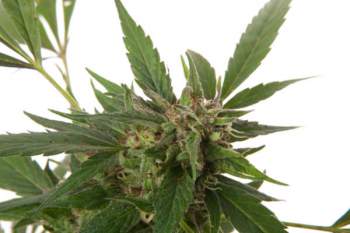
Blunt

The Legality of the Blunt
A blunt is the street name that is used to describe a tobacco and marijuana cigar. A blunt can also be referred to as an LP or even just an L. The name blunt originates from Phillies Blunt, a brand of cigars. However, other brands can also be used for a blunt. In a blunt, the cigar is unrolled and the tobacco is removed. It is then replaced with marijuanaThe steps to make a bunt include:
• Removing the inner tobacco filler of the cigar.
• Making an incision or incompletely destroying the outer layer of paper.
• Rolling a quantity larger than that used in a joint of marijuana into the tobacco leaf paper of the cigar.
• Applying an adhesive to seal the blunt. Saliva is often used.
• Grazing a lighter across the blunt repeatedly or using a microwave or a different low-heat source to dry the blunt.
Unlike smoking a joint, a blunt:
• Decreases the burning rate due to the tobacco paper.
• Allows more individuals to share the joint since it burns more slowly.
• Allows more marijuana to be put in the cigar paper, as opposed to the joint.
• Allows the convenience of being stored, lit, put out, and reused.
• Appears to be a legal drug since it looks like a commercial tobacco cigar.
• Allows the nicotine and marijuana to combine, which creates a stimulant and depressant mix
Instead of cigar wrappings, blunt wraps are also often used as rolling paper for marijuana. They are sheets of reconstituted tobacco which are sometimes sold individually for less than a dollar. These blunt papers come in a variety of flavors, such as rum, watermelon, chocolate, and bubblegum. Retailers sometimes sell them to youths without knowing they are age-restricted tobacco products.
The legality of the wraps used to make blunts have been questioned many times. In Boston, the sale of blunt wraps, or the tobacco-based rolling papers often used for blunts were banned by the city’s tobacco control regulation.
Three different blunt wrap manufacturers along with RYO Cigar Association sued the Boston in hopes of overturning the ban by. On March 26, 2009, this was upheld by the Suffolk Superior Court. Judge Raymond Brassard, the Suffolk Superior Court ruled in favor of the city, stating that the ban was well within the city’s authority.The ruling means that towns and cities can ban blunt wraps sales through a law, an ordinance, or a health regulation. However, under state law these papers cannot be regulated or banned at the municipal level if they are not made of tobacco.


















